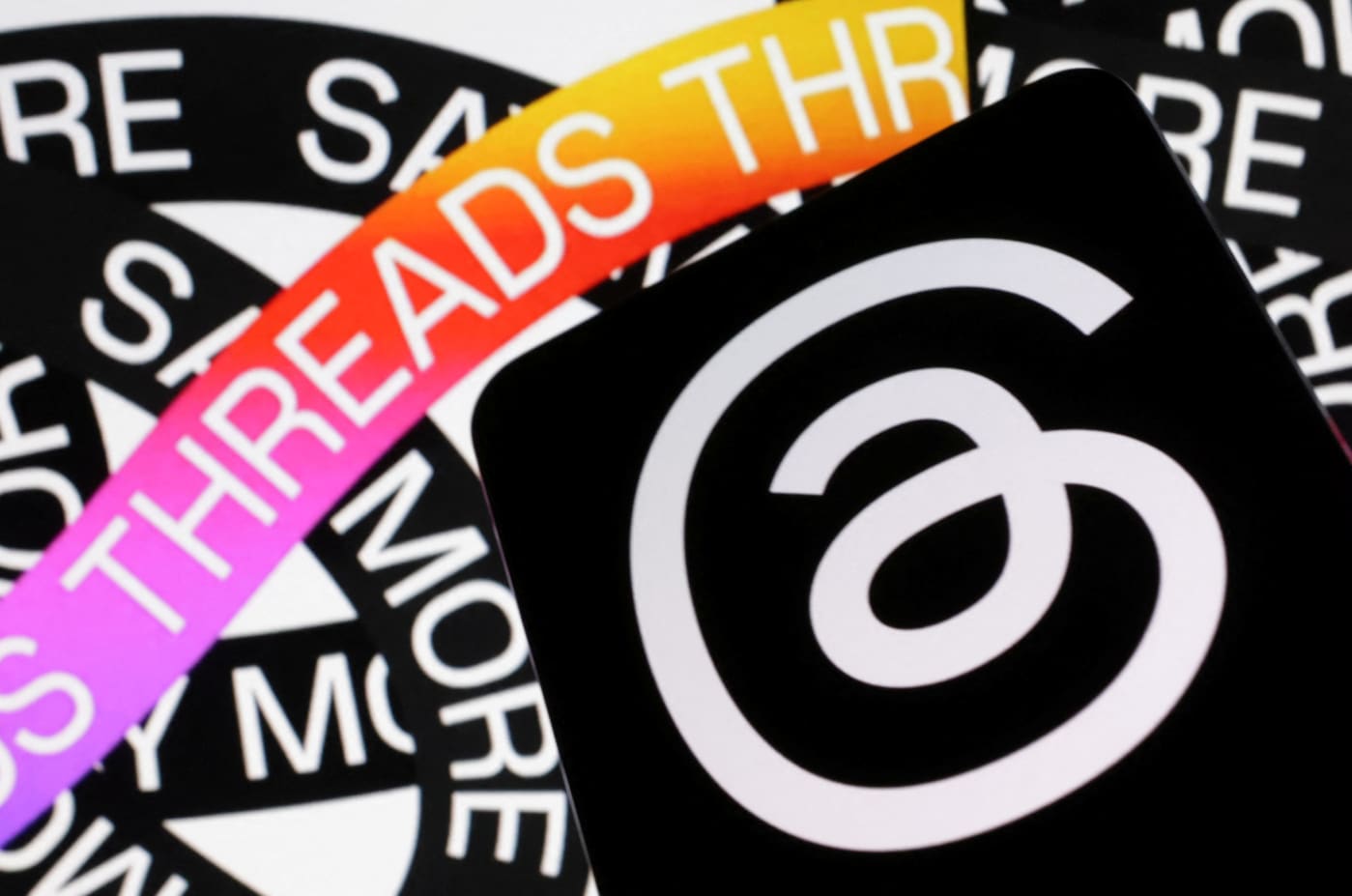Trump Mobile is promoting its smartphone with terribly edited photos of other brands' products
Since it was announced in June, Trump Mobile has committed to an increasingly-surreal smoke-and-mirrors approach to its promised T1 smartphone. Despite the initial claims that the phone would be made in the United States, it seemed highly unlikely from the start that it was accurate. The "Made in USA" claims were quietly removed from the Trump Mobile website at a later date. AppleInsider spotted the latest bizarre wrinkle to this story, which is that the actual phone still does not exist.
The publication noticed that promotional images for T1 all show different smartphones that appear to be tweaked in a photo editor to look gold. While the website shows a badly edited image of what appears to be a Revvl 7 Pro 5G phone, an Instagram ad seems to depict an iPhone 16 Pro Max, again with the company's branding overlaid. A third confusing image edit was posted on X earlier this week:
That photo shows a Samsung Galaxy S25 Ultra equipped with a case made by Spigen. The South Korean accessory company's logo can be seen behind the render of an American flag. Spigen's response sums our reaction up pretty succinctly: "??? bro what."
This article originally appeared on Engadget at https://www.engadget.com/mobile/smartphones/trump-mobile-is-promoting-its-smartphone-with-terribly-edited-photos-of-other-brands-products-222940375.html?src=rss©
© DrPixel via Getty Images







































